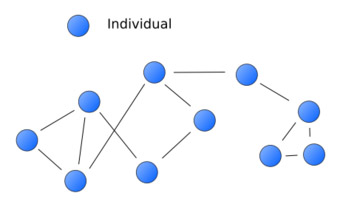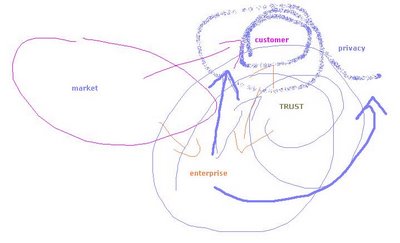Identification cards & RFID

Electronic Frontier Foundation (EFF) presents California Action Alert
Californians: Keep Privacy-Leaking Chips out of State ID!
"Governments across the world are considering placing RFID (Radio Frequency Identification)tags into state-provided cards. Without careful safeguards, these tagged cards can broadcast your personal information to anyone nearby with cheap, readily-available equipment. Your government could be exposing you to the risk of covert tracking, stalking and identity theft." Source EFF














